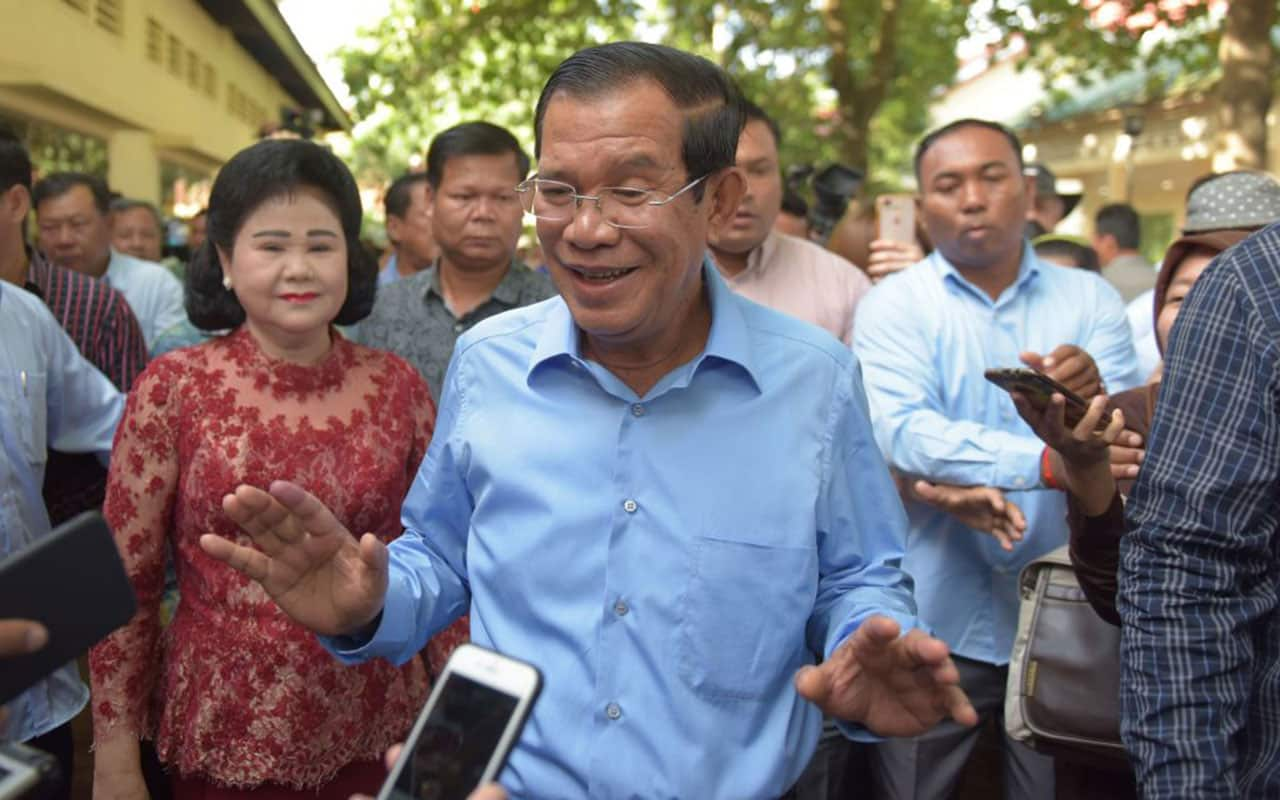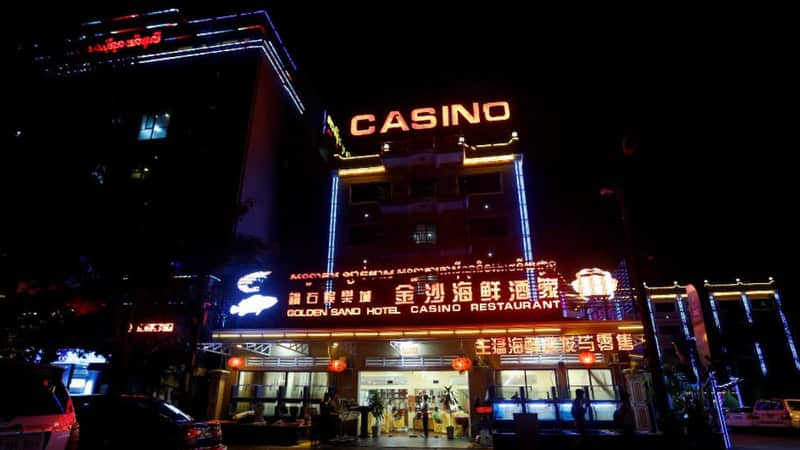Cambodia's re-elected leader Hun Sen made headlines for defending his country's strengthening relationship with China, lashing out at opposition criticism of Chinese influence as “ignorant”.
China has become Cambodia's closest economic and political ally, with its influence perhaps most evident in the coastal city of Sihanoukville, dubbed the new Macau.
Sihanoukville, in Cambodia's south-west, was once a quiet seaside town, popular with backpackers. It’s now home to more than 100 Chinese companies and may be a sign of Cambodia’s future.
Preap Kol, an anti-corruption activist, says China's influence in Cambodia's political and economic life is difficult to ignore.
"China always stands to support whatever the government decide to do, and there is political interest, there is economic interest," he said.
"So when I talk about political interests, it’s geopolitics and they have also a huge investment in Cambodia. There is a huge stake for China, too.”
In Phnom Penh, the skyline is changing fast, largely due to Chinese influence. The city is dotted with construction sites marked with Chinese signage as the nation pours billions into infrastructure in Cambodia.
Chinese capital investment in the country increased from $600 million in 2012 to $1.08 billion in 2016.
But it's not just the economy where China’s presence is being felt.

Jodie DeJong, the former editor-in-chief of the Cambodia Daily, says the media landscape is changing, too.
“I was at a meeting of the Asia News network in Kuala Lumpur in May and China Daily came in offered to train and bring journalists from all of these newspapers back to China, and how smart is that?" she said.
"Because you create just a really great situation for these people to see how China does things and I think that’s very attractive and very strategic.”
The change has sparked mixed feelings among Cambodians.
“China has spent a lot of money in Cambodia, so it has improved the living standard of Cambodian people," one said.
Another added: "It gives us some benefit, but I think they get more in return.”


